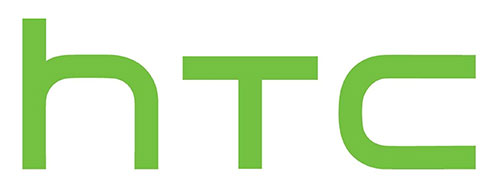
We learned this morning that HTC CEO Peter Chou and Chairwoman Cher Wang had shuffled their roles and responsibilities a bit. Chou will now focus on product development while Wang will take on a more operational role, looking after sales, marketing, logistics and customer service. The two also gave The Financial Times some details about what the company is now working on.
The two put on a brave front on the difficult situation that HTC finds itself in today. The company reported its first ever loss last quarter since going public and has fallen out of the top 10 global handset manufacturers. Wang described the situation as a “very exciting time right now because there are so many challenges” while Chou explained that the issue is not with the HTC One but with “the mid- and entry-level segment.”
It also remains to be seen if HTC will make more Windows Phone smartphones. Chou called the company’s sale of such devices “pretty small” and while Microsoft would love to have HTC at its side, it may well be that HTC has other priorities.
While smartphones will remain the company’s focus, both Chou and Wang see the company moving beyond this one market into wearable technology and tablets. Chou called wearables “a critical segment for us” and revealed that HTC had worked with Microsoft on a smartwatch a few years back. He dismissed current smartwatches, saying “It has to meet a need, otherwise if it’s just a gimmick or concept, it’s not for people’s day-to-day lives.”
A return to tablets may happen sooner. Wang said, “When the [HTC] tablet comes out it will be something nice and disruptive. There are a lot of devices to innovate… Ubiquitous intelligence is not just wearables.” Could HTC’s future tablet drop the sensors and contextual awareness seen in the Moto X from Motorola into a tablet device?
Chou expects that the smartphone market is large enough that it can accommodate smaller players. He expects that HTC could recapture a 15 percent market share in high-end smartphones. A 5 percent global market share would a “pretty good number for us”, he adds.
Source : The Financial Times
